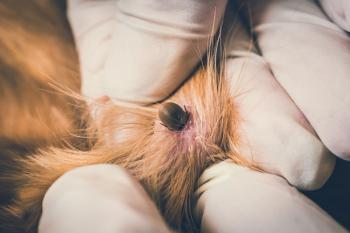
Chart: 6 zoonoses you should know -- Cryptosporidiosis
Details about cryptosporidiosis for technicians.
Common disease name
Cryptosporidiosis
(Cryptosporidiosis involves small, intracellular coccidia-like protozoans that can infect a variety of tissues and organs in vertebrate hosts.)
Scientific name
Cryptosporidium canis, Cryptosporidium parvum (commonly zoonotic), Cryptosporidium felis
Method of infection
Cats and dogs: Ingesting oocysts in feces
People: Ingesting oocysts through feces in soil, food, and water-usually contracted from contaminated drinking water or swimming pools
Signs
Cats, dogs, and people: Secretory diarrhea and fluid loss
Treatment
Few drugs are consistently effective, but some drugs such as azithromycin, paromomycin, and tylosin have been used with some success.
People most at risk
Immunocompromised people, especially those with AIDS
Prevention
- Promptly remove animal feces from the yard and litter box.
- Wash hands after exposure to soil.
- Monitor children playing outside in sandboxes, parks, and swimming pools.
Newsletter
From exam room tips to practice management insights, get trusted veterinary news delivered straight to your inbox—subscribe to dvm360.




